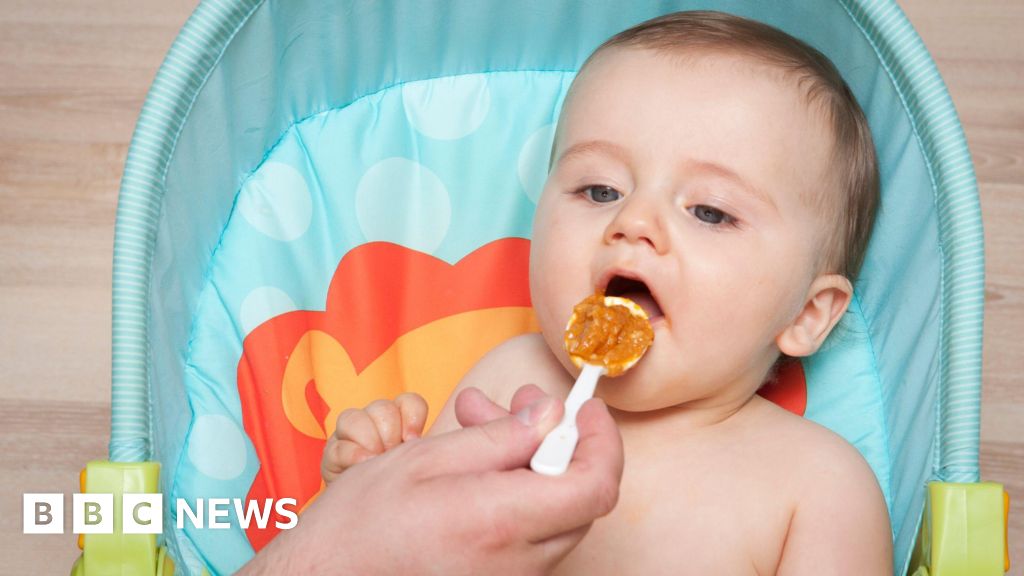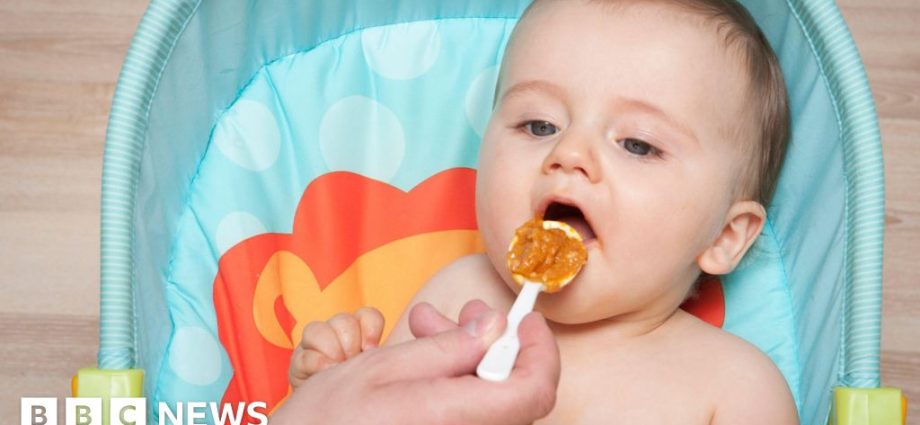
Babies with peanut allergies in Australia will be offered treatment to build immunity to the potentially life-threatening condition, under a world-first program.
Supervised by select paediatric hospitals, eligible babies will be given gradually increasing doses of peanut powder each day for at least two years, to reduce sensitivity.
Clinical trials of oral immunotherapy have shown promise, but this is the first time it has been adopted as national model of care for peanut allergies.
Australia is often dubbed the “allergy capital of the world”, with one in 10 infants diagnosed with food sensitivities.
Researchers are hopeful that this style of treatment could transform care options.
“[This] might be the game changer we have all wanted to stop this terrible allergy in its tracks,” Assistant Minister for Health Ged Kearney said.
Peanut allergy affects about 3% of Australians at 12 months old and – unlike other food allergies – few children outgrow it, making it the most common food allergy among school-aged children.
The free program is only available to children under 12 months who have already been diagnosed with a peanut allergy, and are receiving care at one of ten participating hospitals across the country.
“One of the biggest concerns for families living with peanut allergy is the fear of accidental exposure,” said Westmead Children’s Hospital allergist Dr Lara Ford.
“This program has the potential to remove that burden.”
The dosing schedule will be carefully calculated for each child, until they reach a “maintenance dose” which they will remain on for two years, program lead Tim Brettig told the Australian Broadcasting Corporation.
Some children may experience side effects including an allergic reaction, but for most children in this age group they are mild and do not require treatment, he said.
A food allergy test at the end of the treatment will help determine if remission was achieved.
The National Allergy Centre of Excellence will evaluate the program for both effectiveness and safety with the hope of extending it to more public and private hospitals.
But doctors have stressed that families should not try oral immunotherapy at home unsupervised.

